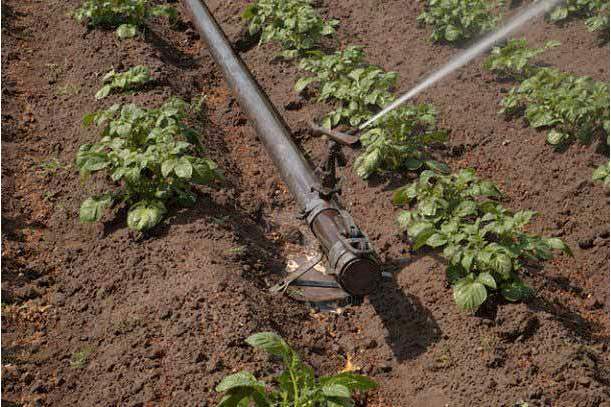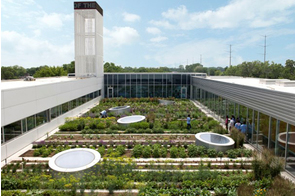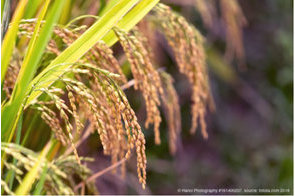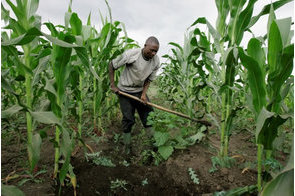Foreign agriculture companies increase risk of conflicts in Africa – new study

Summary
The types of crops foreign investors decide to grow often require more water than the traditionally grown crops.
An interdisciplinary study publisehd by researchers at Lund University in Sweden shows that the types of crops grown by foreign agricultural companies in Africa and the level of fresh water the farms consume are partly responsible for increased water shortages and greater competition for water on the continent. The report, which was released on Wednesday, the shortage of water caused by the activities of the foreign companies increases the risk of outright conflicts between all those who need water – plants, animals and humans.
The study says foreign companies have leased large tracts of land in Africa – more so than in other parts of the world – in order to produce cheap food, cheap timber and cheap raw material for biofuels. About three per cent of the land leased in Africa by foreign companies are currently in production, for the purpose of growing crops. For various reasons, some companies have pulled out while others have not started producing on the rest of the leased land.
The researchers at Lund, together with a colleague in France, have developed a model that shows how much water is needed for different production systems, in different types of climates, in different parts of the continent. The model takes into account both the size of the land and the type of irrigation system. The model has enabled researchers to distinguish between areas where rainwater accounts for the largest share of irrigation water, and areas where large foreign agricultural companies satisfy more than half of their water needs by using fresh water sources, such as groundwater, rivers and ponds.
Using this model, the researchers have shown that the crops foreign investors decide to grow often require more water than the traditionally grown crops. Furthermore, it shows that the same crop can have very different needs for water, depending on the climate where it is grown and which irrigation systems the companies use.
The research, published in an article in the Washington DC-based scientific journal, PNAS, highlights the areas around the continent where increased competition for water escalates the risk of water-related conflicts between different sectors and ecosystems. The leases are often written for periods of 33 to 99 years. The contracts rarely include any rules or limits concerning the use of water.
“These hotspots have not been identified in this way before. Previous studies have often focused on the size of the area and not on how much fresh water is used to grow the demanding crops that foreign companies are interested in,” Emma Li Johansson, a doctoral student in the Department of Physical Geography and Ecosystem Science at Lund University, said on Wednesday.
The researchers hope the study will promote the need for regulation on water consumption by large-scale farming companies. Emma who was in charge of the study said, “Our research can perhaps lead to foreign investors showing greater consideration for how much water is necessary, in relation to how much water is actually available. Hopefully, the results can serve as a basis for documents that regulate the water consumption of large-scale farming companies.”
Related
-
Reforming Africa’s urban food markets
The scale and success of Africa’s response will depend on the effectiveness of today’s solutions for ...
-
Scientists develop new varieties of climate-resilient rice
The main objective of the research project is to develop strategies for rice productivity, stability and quality.
-
Tropical weather-forecasting technology seeks to improve agricultural yields in West Africa
Iska is the world's first tropical weather-forecasting technology developed by Ignitia.









